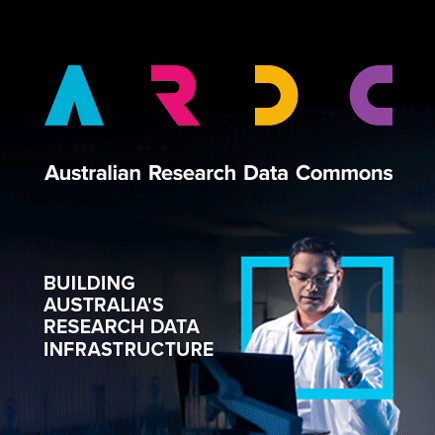Full description
This research seeks to understand the experiences and perceptions of healthcare professionals working in stroke care on implementing resources and support to informal stroke carers. Semi-structured interviews were conducted with 11 healthcare professionals (5 occupational therapists, 5 physiotherapists, 1 psychologist) with at least 12 months’ experience in working with stroke survivors. Interviews ranged from 25–70 minutes in duration, and were recorded, transcribed, and analysed using thematic analysis. Three overarching categories that were explored were: (1) Experiences of working in stroke care and supporting carers; (2) Recommendations for a program designed for carers; and (3) Future priorities in stroke care. Participants discussed a variety of strategies they utilised to support carers including collaborating with other healthcare professionals and utilising skills and experience. Healthcare professionals highlighted the need for additional resources that are designed specifically for carers and explored key topics including carer stress and fatigue, support services, stroke education, and how to look after oneself. Participants identified priorities for stroke care including additional professional training and resource availability. This dataset is not able to be publicly shared due to the ethics approval conditions. To discuss the research, please contact Melissa Jammal [email protected] ORCID 0000-0003-4677-8646.Created: 2025-01-09
Data time period: 02 2024 to 30 06 2024
Spatial Coverage And Location
text: Australia
Subjects
healthcare professionals |
Allied Health and Rehabilitation Science |
Allied Health Therapies (Excl. Mental Health Services) |
Caregiver |
Carer |
Evaluation of Health and Support Services |
Health |
Health Sciences |
Health Education and Promotion |
Provision of Health and Support Services |
Rehabilitation |
Stroke |
allied health |
education |
qualitative |
User Contributed Tags
Login to tag this record with meaningful keywords to make it easier to discover
Identifiers
- DOI : 10.26183/K7EH-NM86

- Local : research-data.westernsydney.edu.au/published/6f862020ce1911efab80570ec596f9e9


